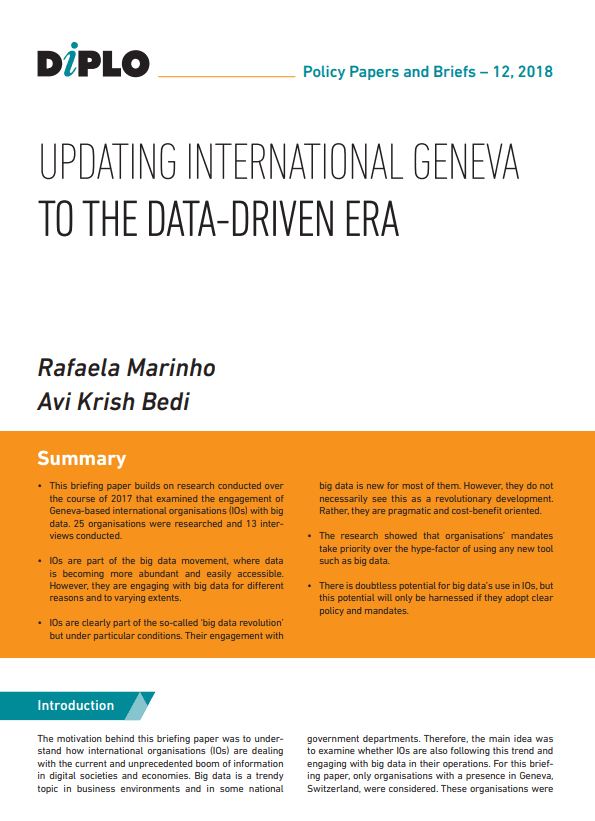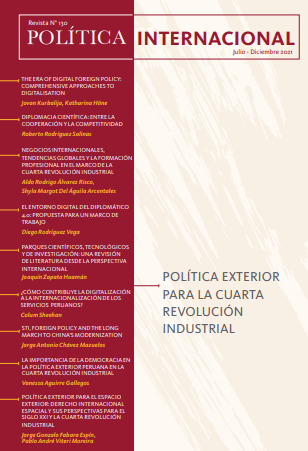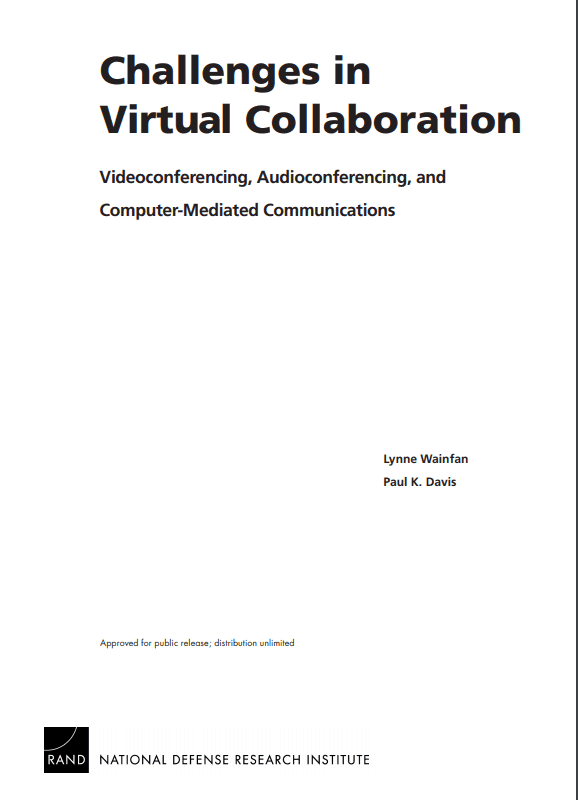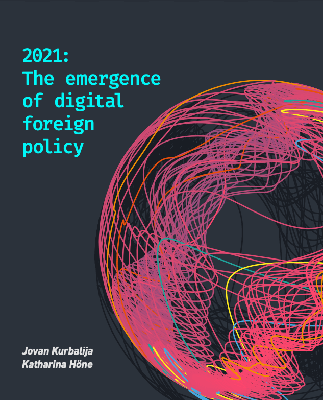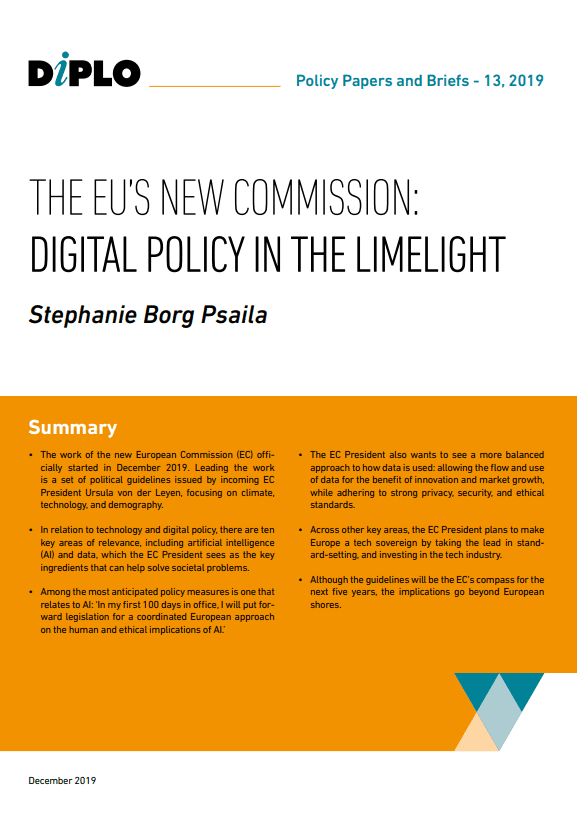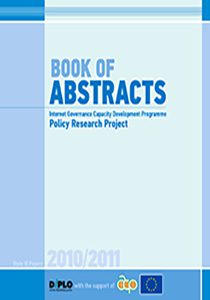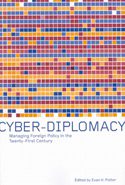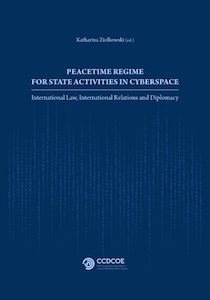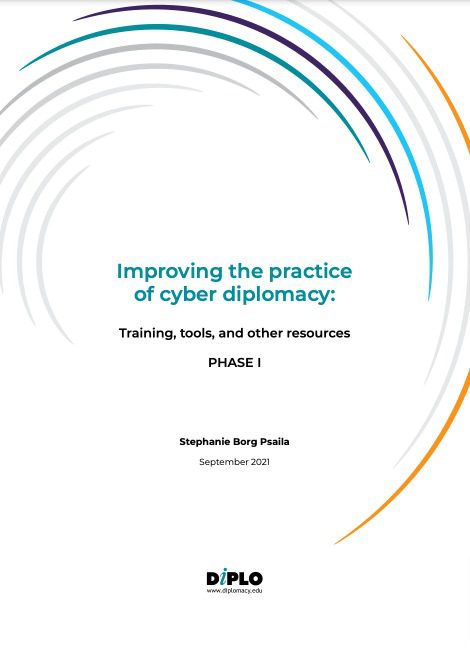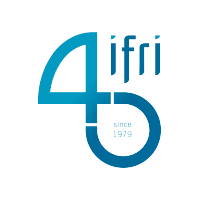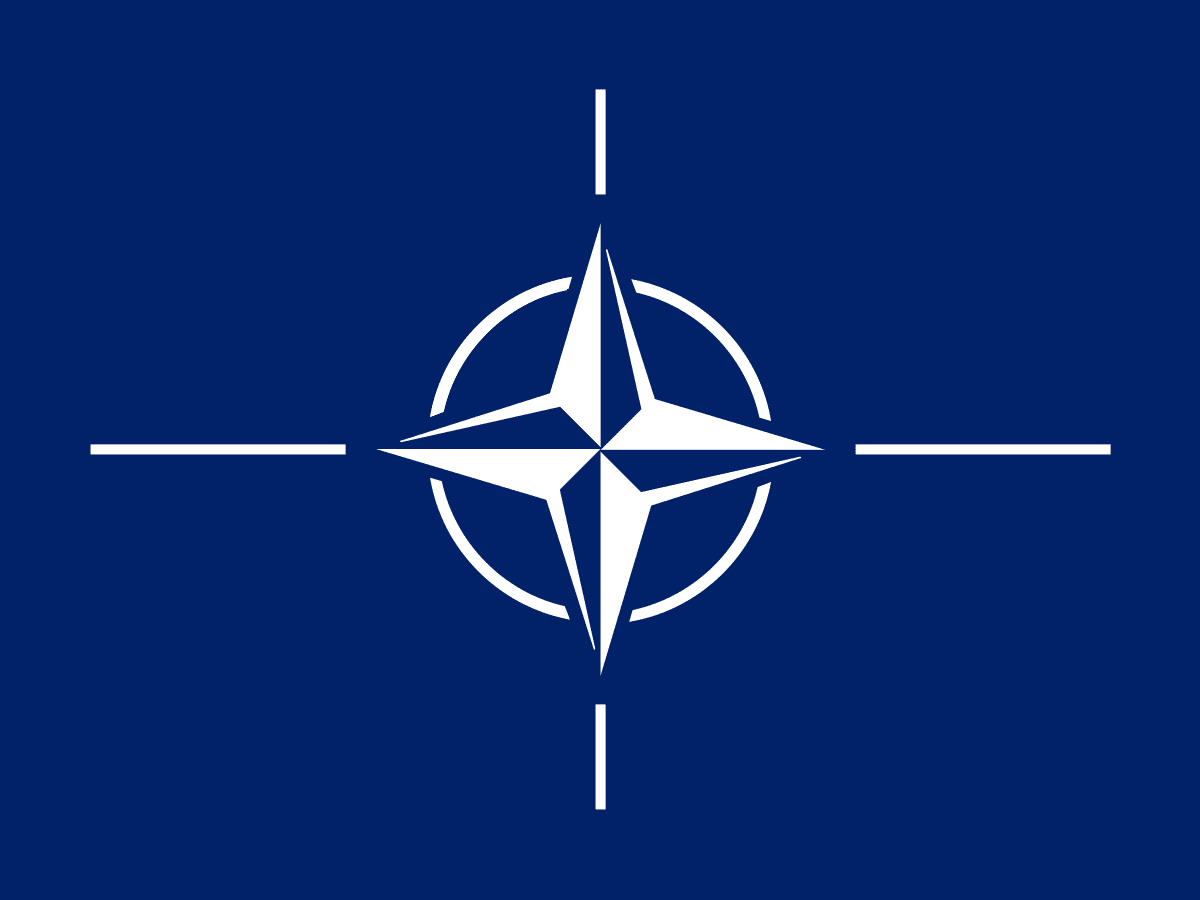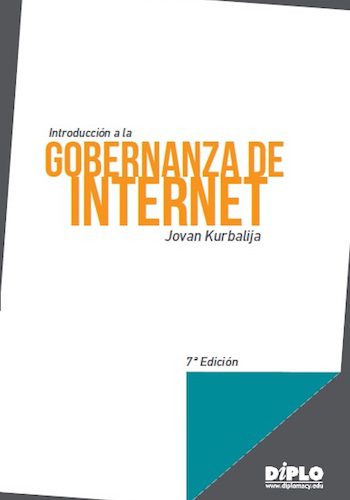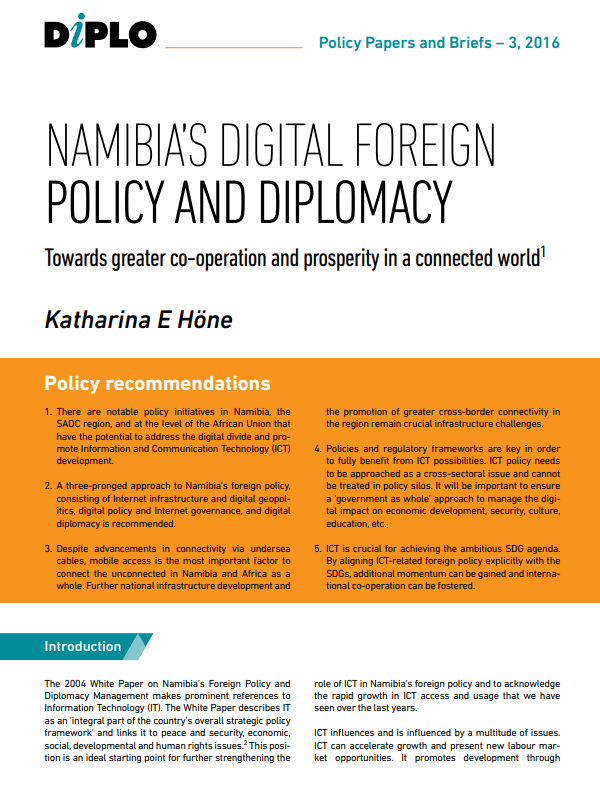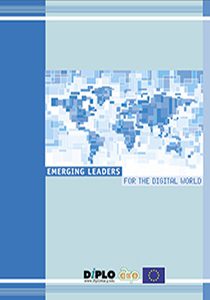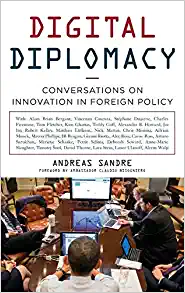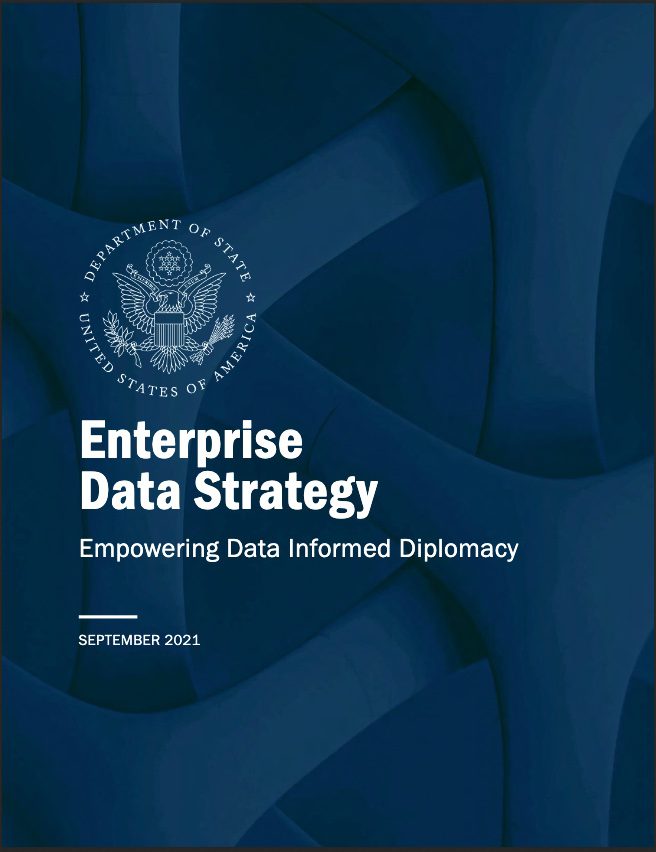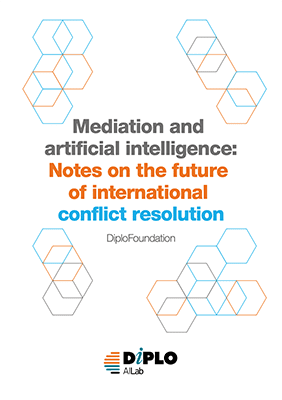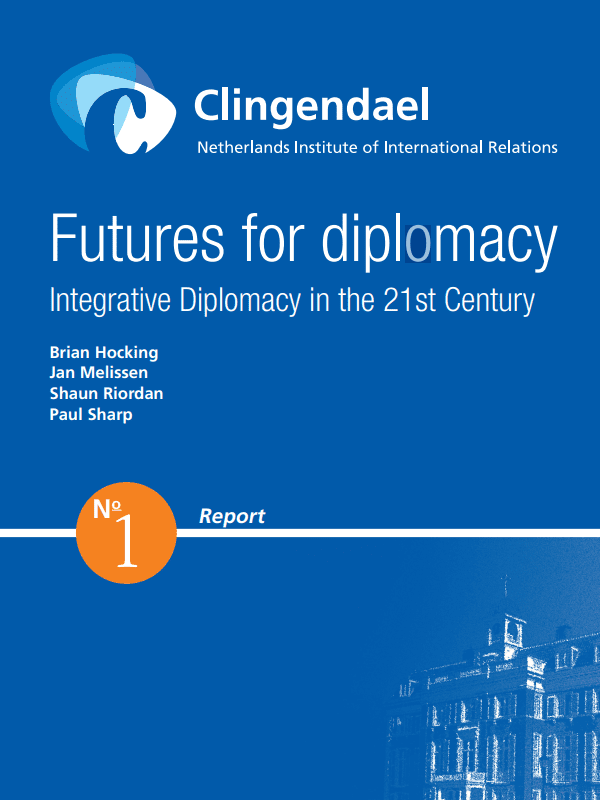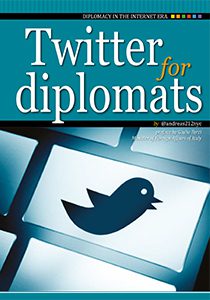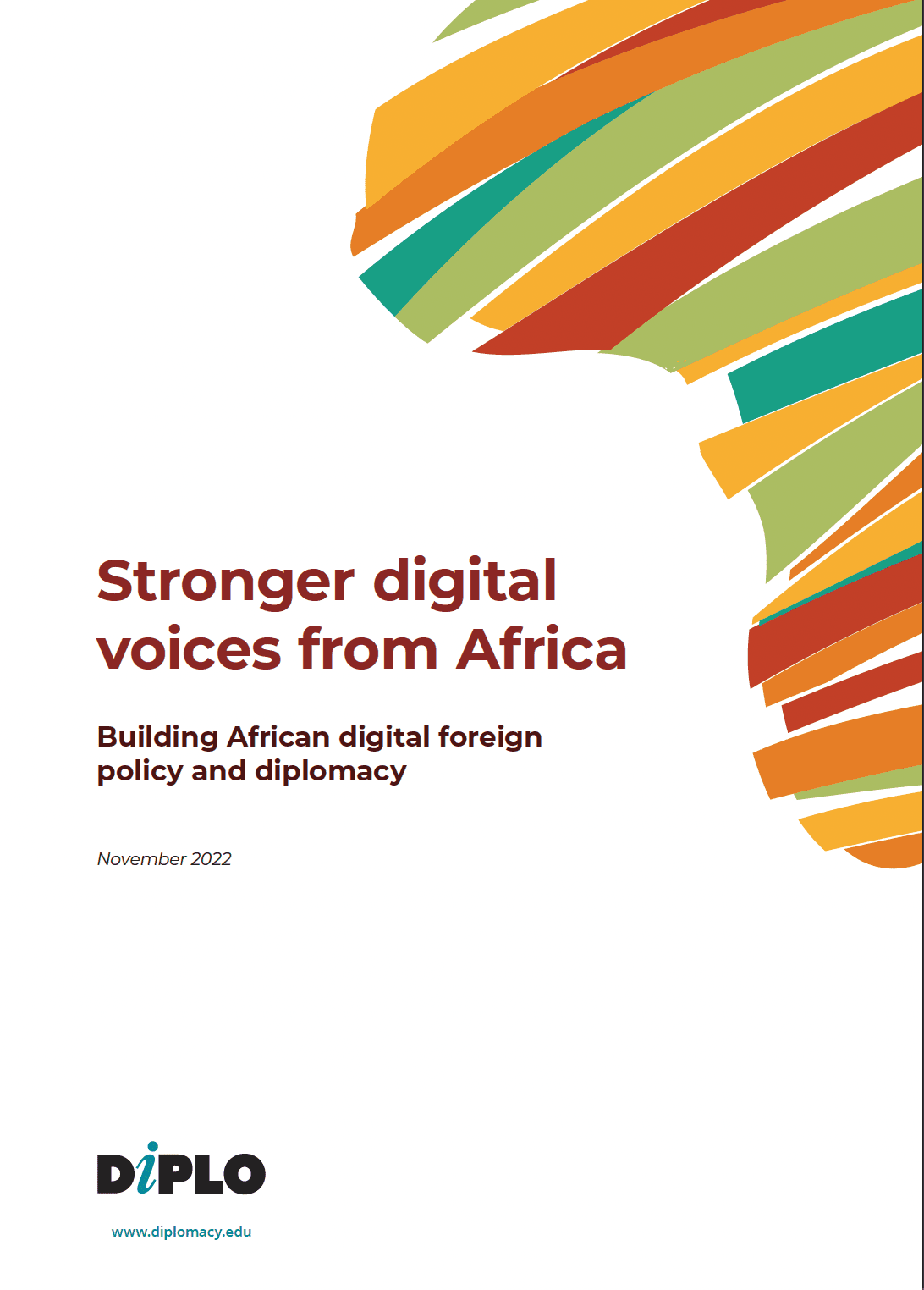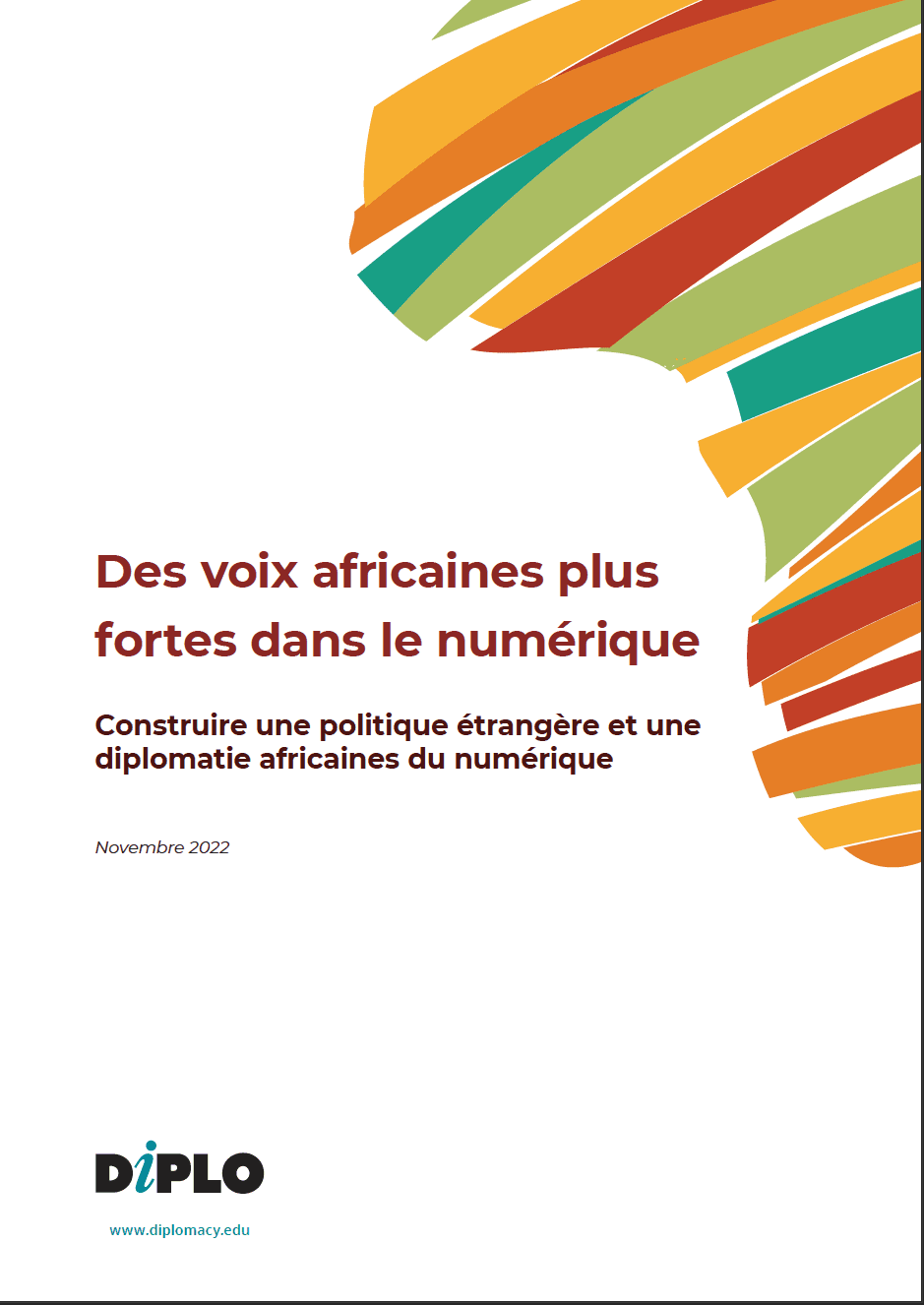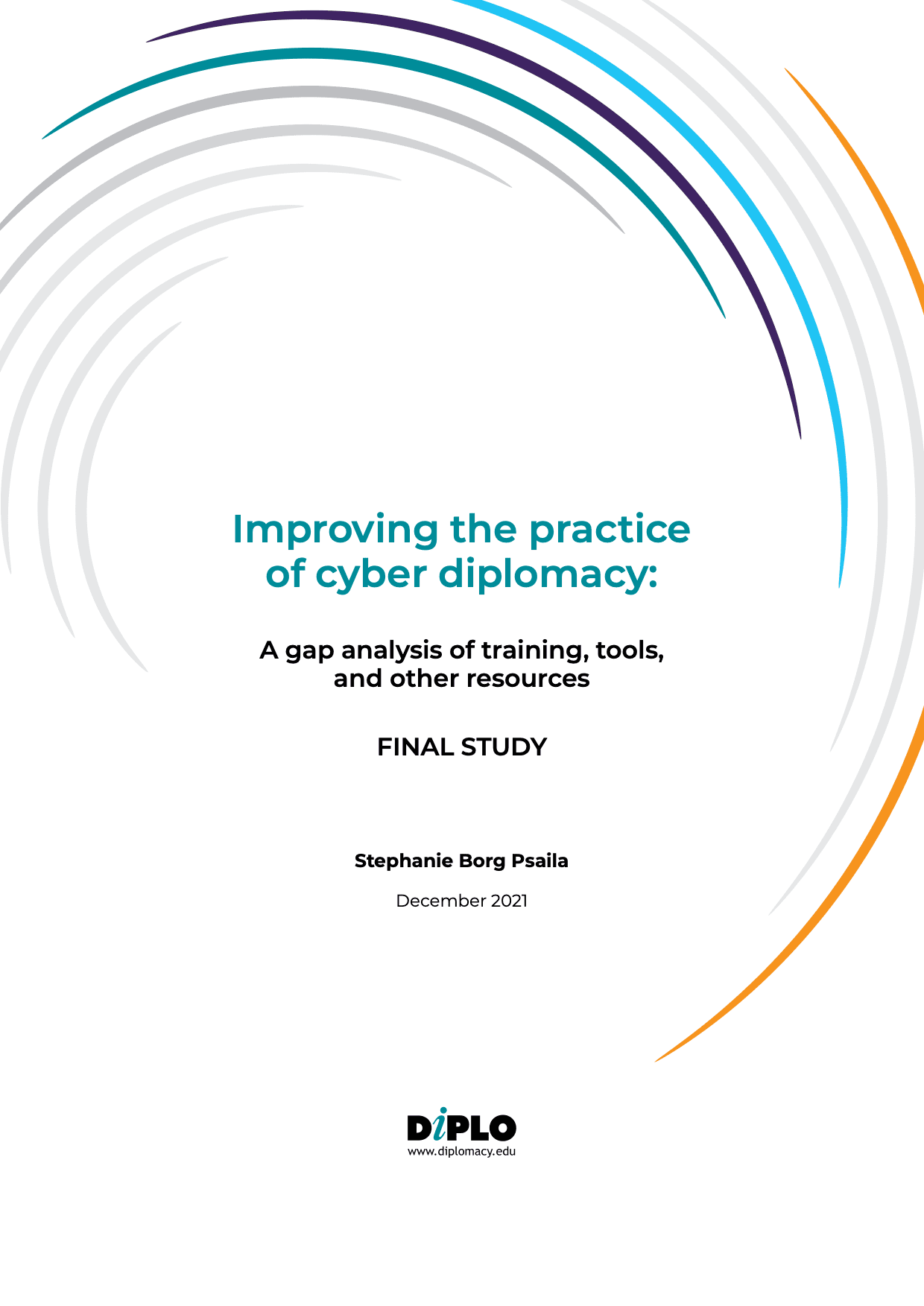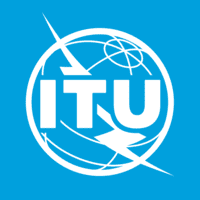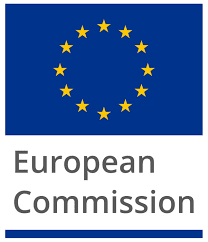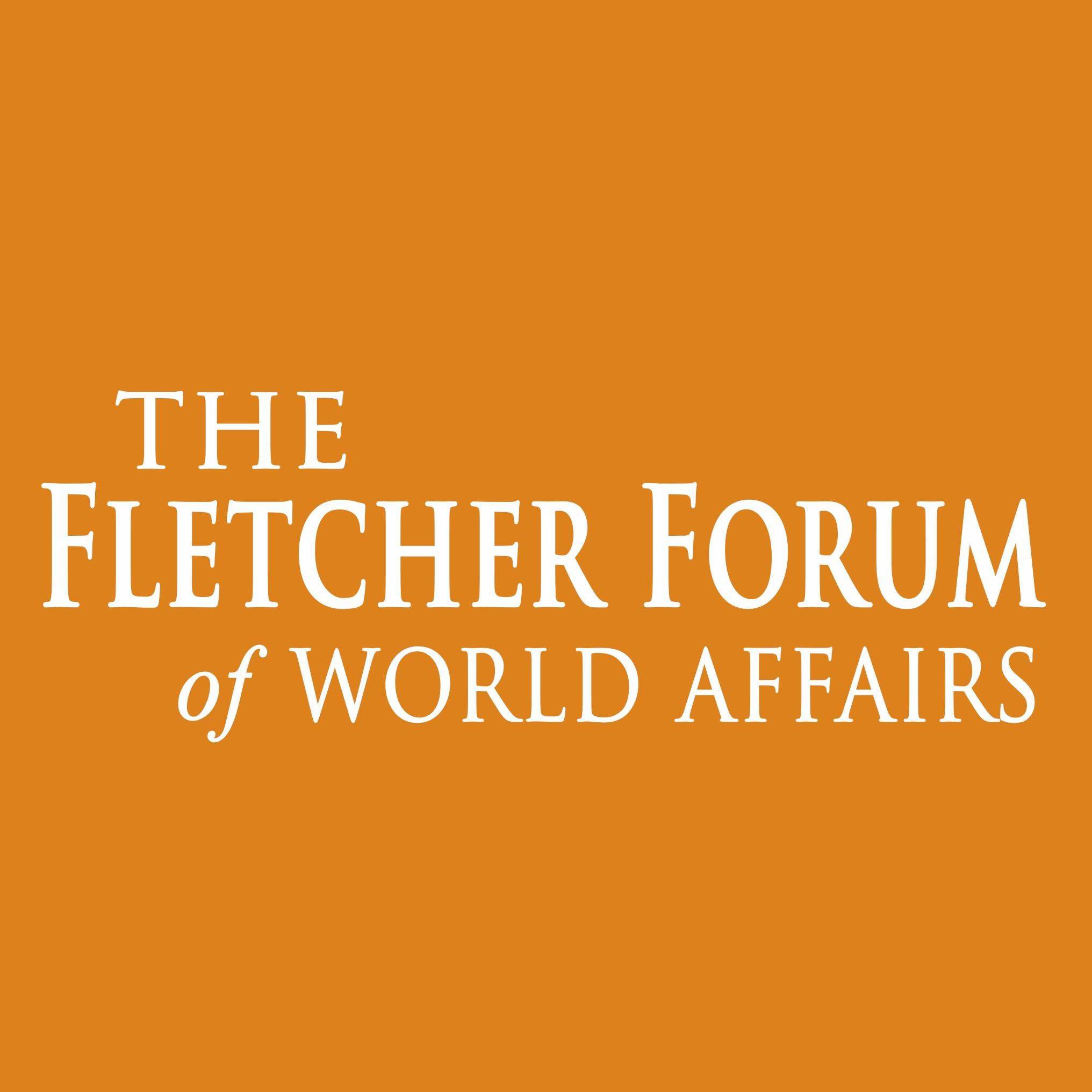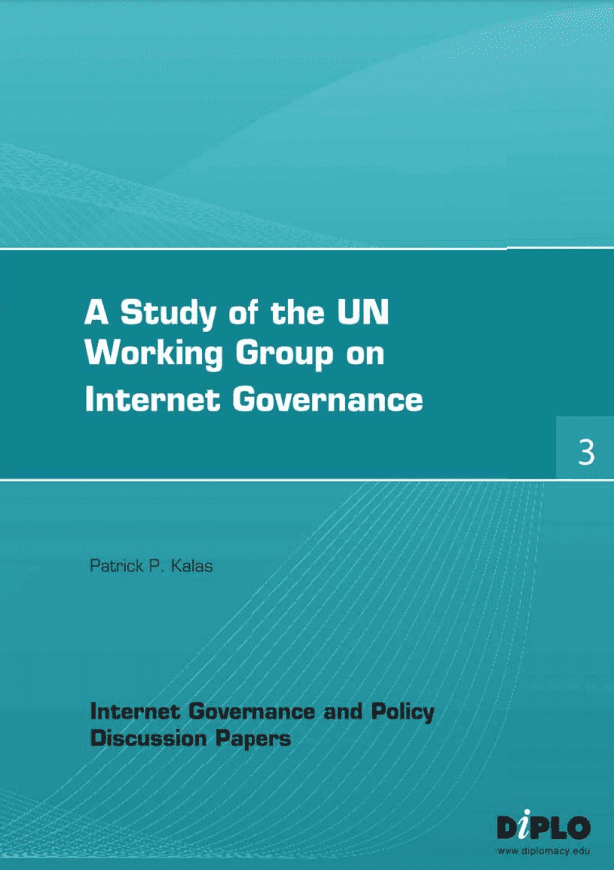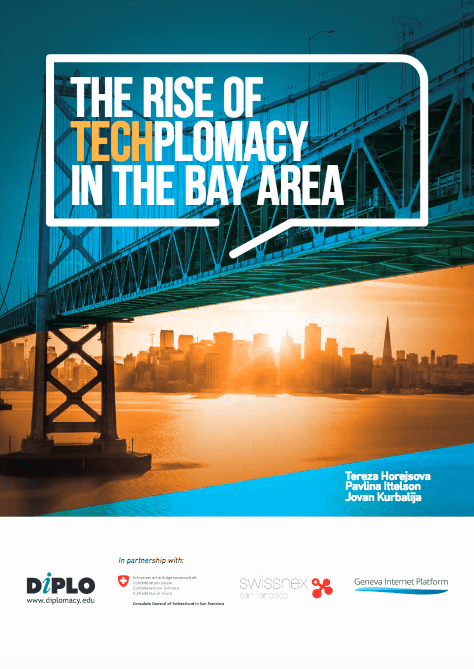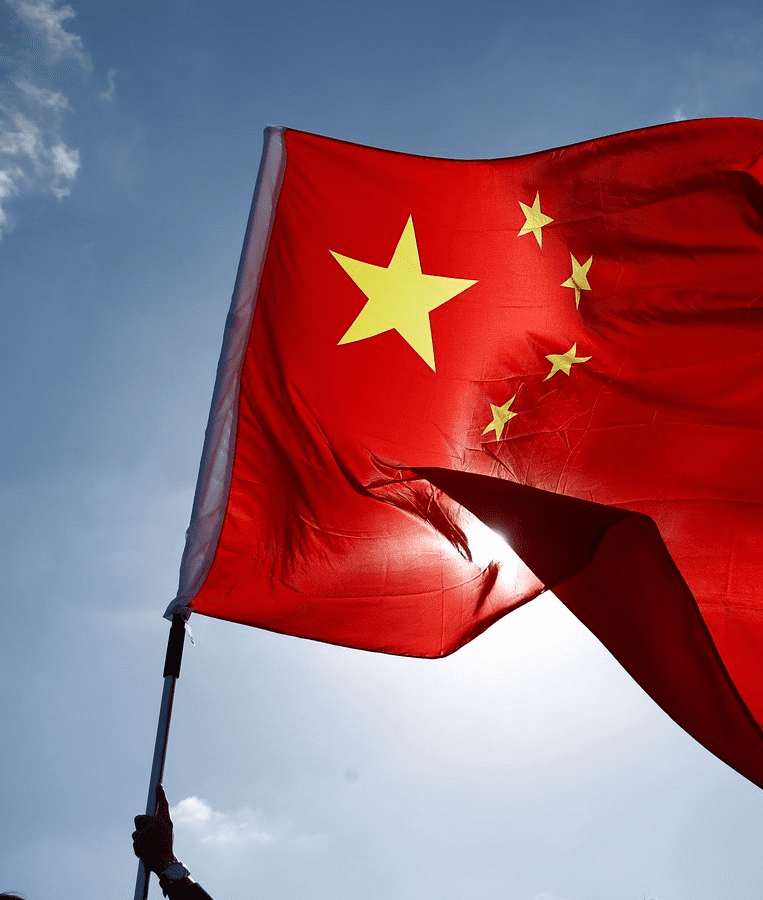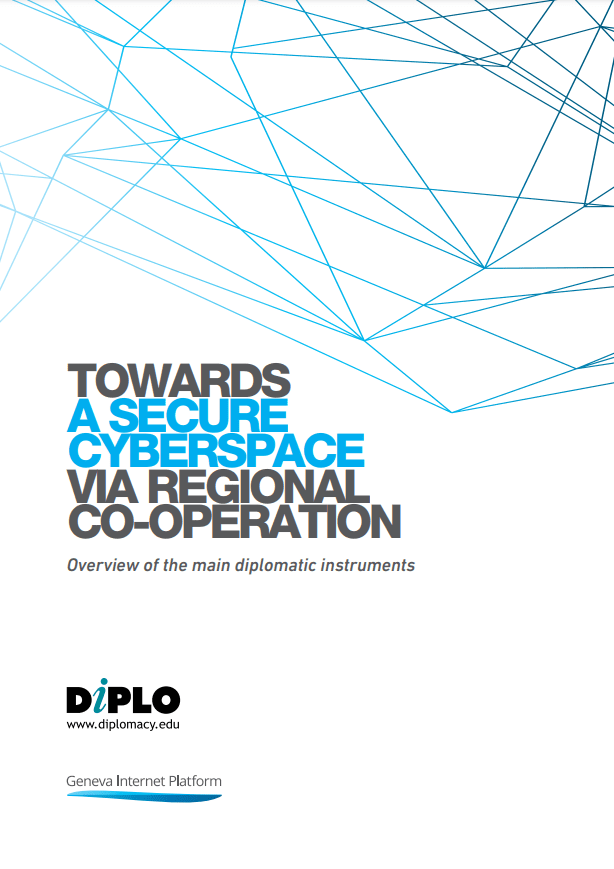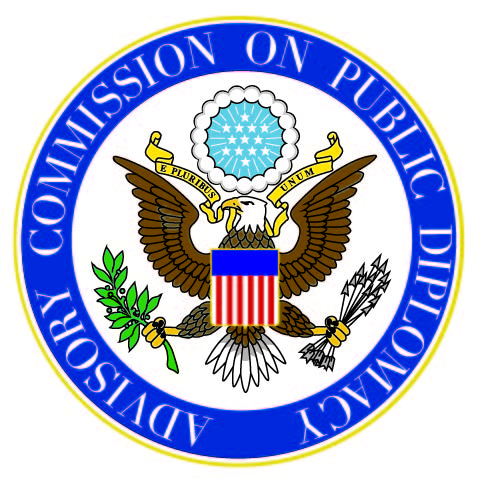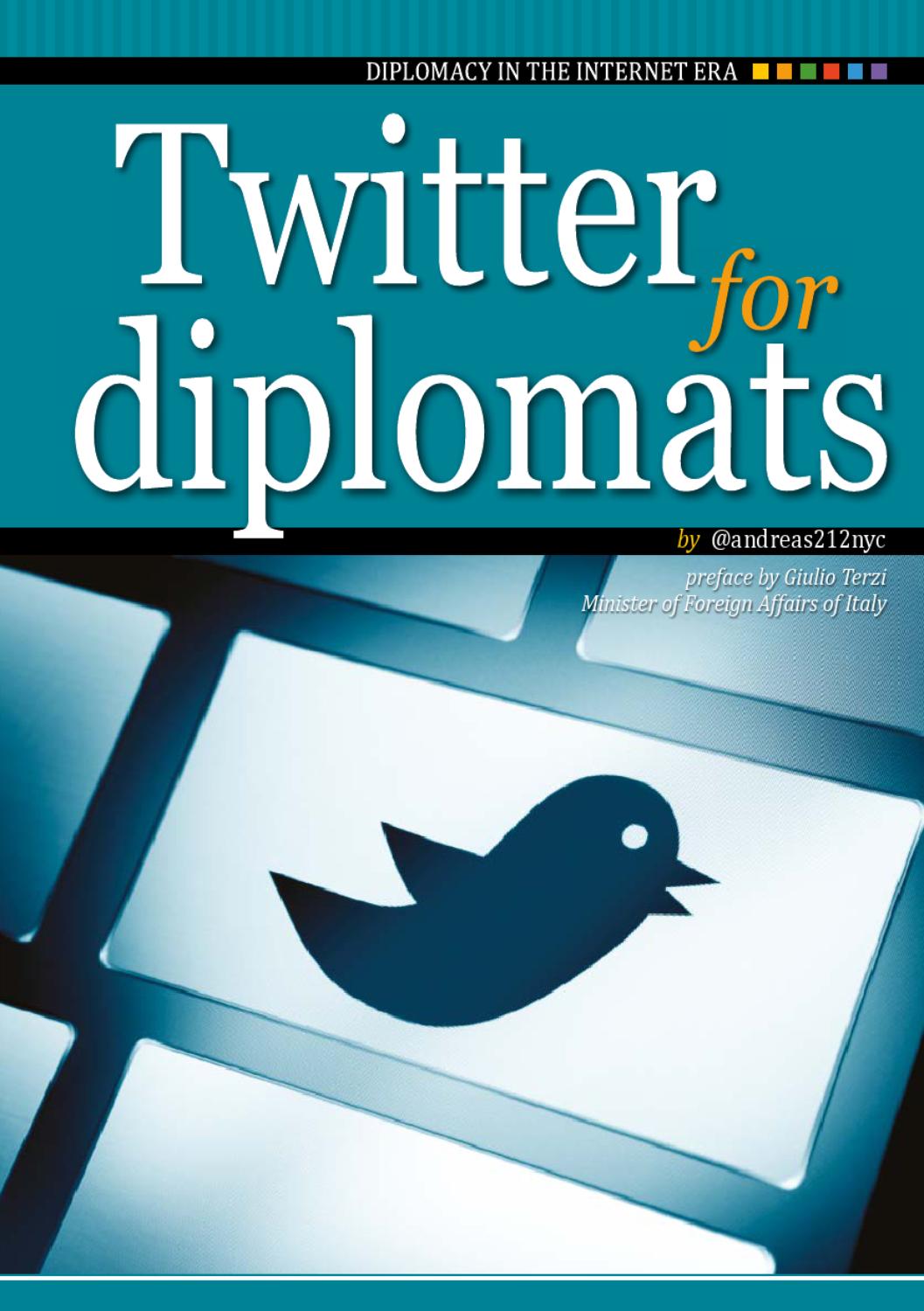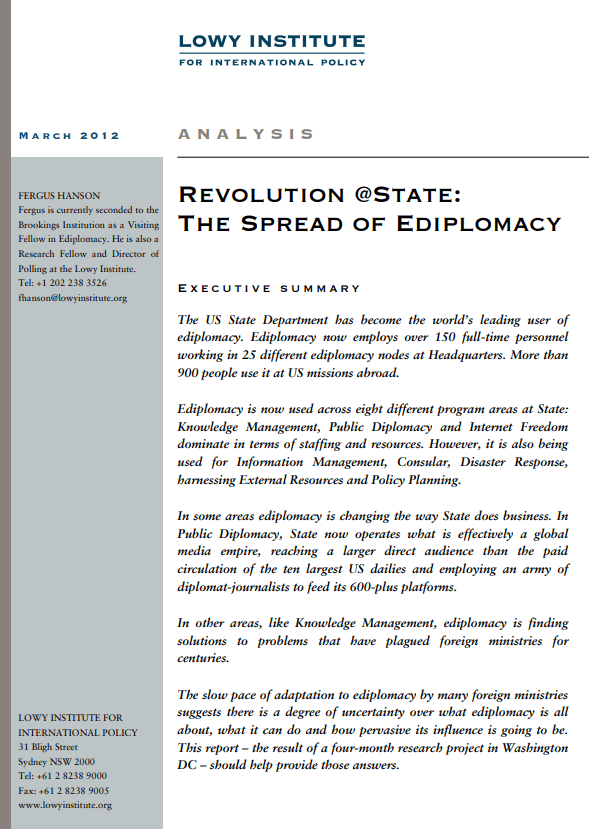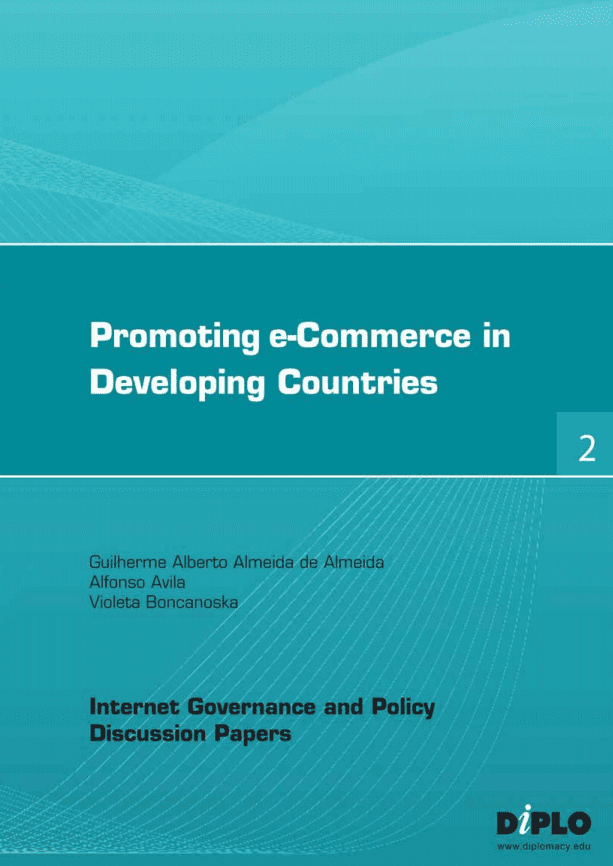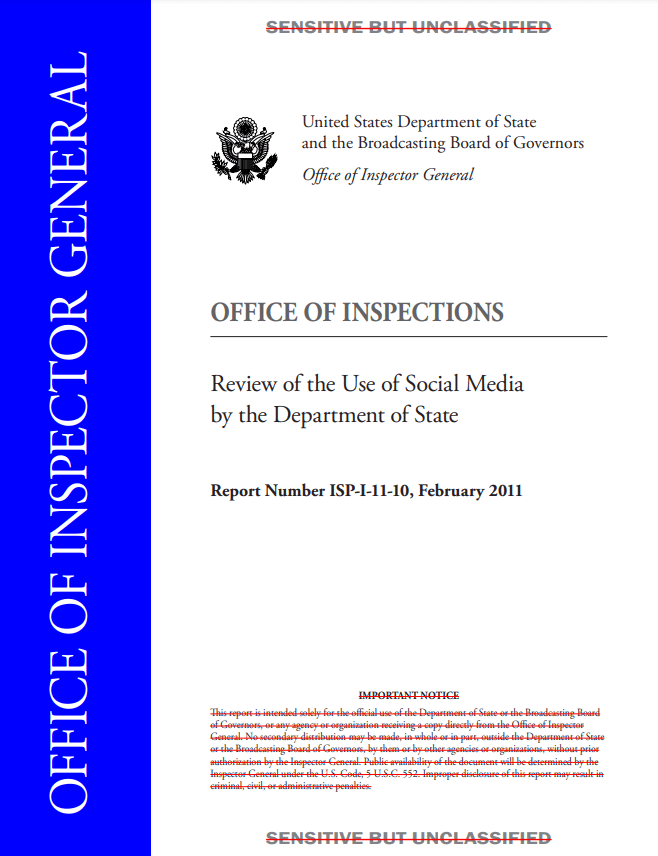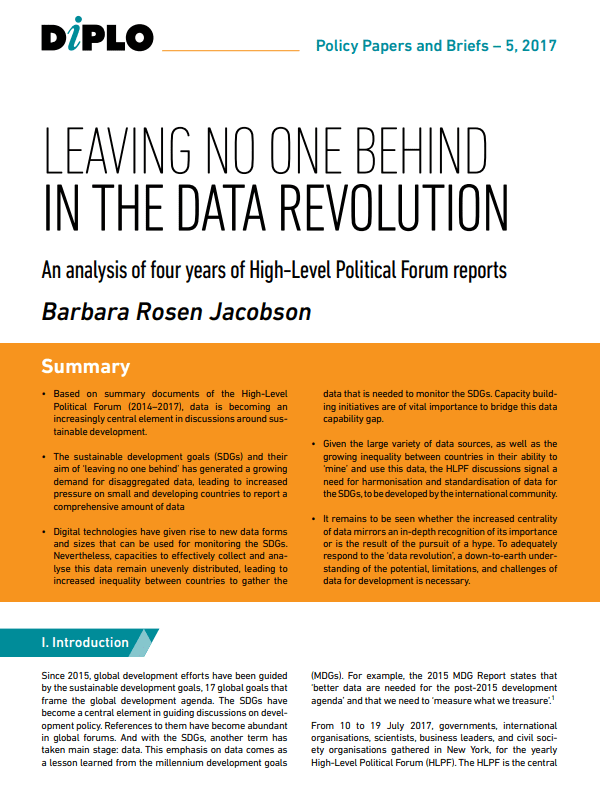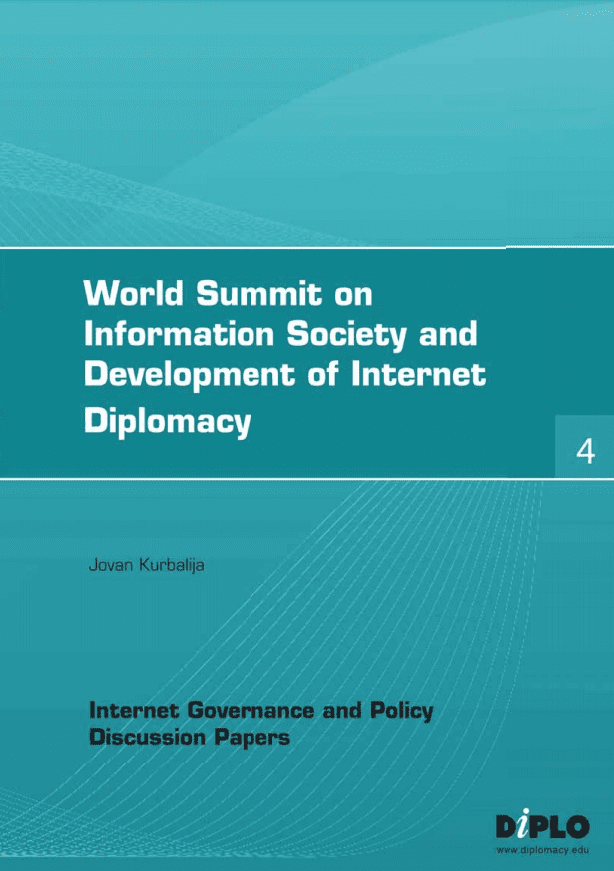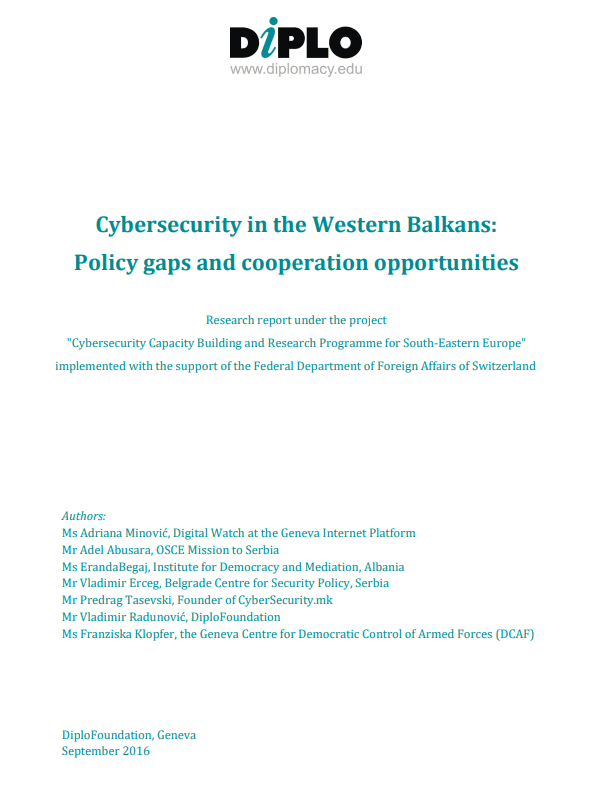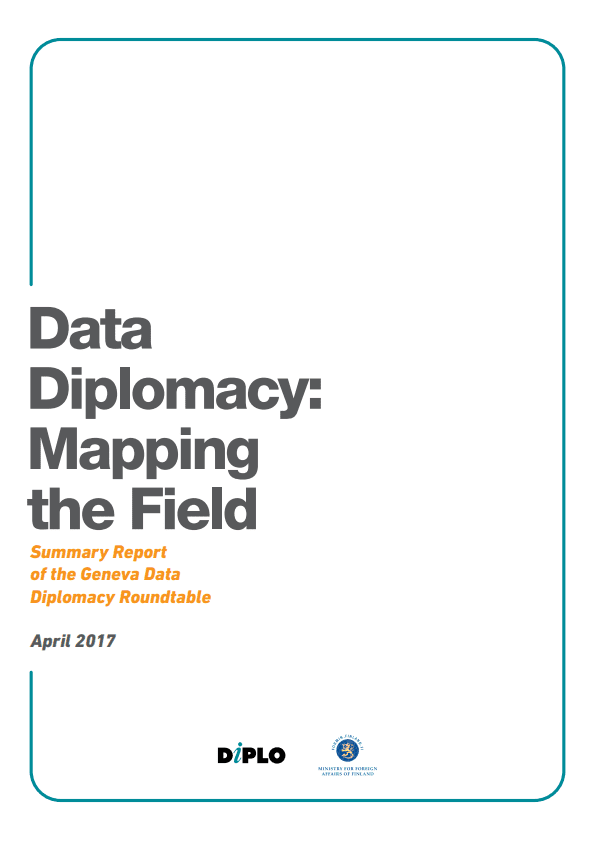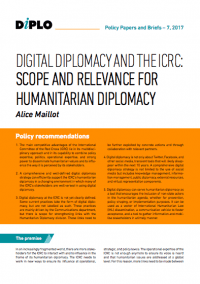German Strategy for International Digital Policy
Introduction
The global digital age opens up tremendous opportunities – and harbours challenges for all actors.
The political and economic power as well as the military capabilities of states, increasingly depend on their ability to access, use and evolve digital technologies. Global and connected digital technologies also require new forms of international cooperation and governance.
As a result, the Federal Government is pursuing an active and coherent international digital policy. We consider international digital policy a strategic field of action in safeguarding our interests and promoting our values. Our international digital policy dovetails closely with our foreign, security, defence, economic, development, climate, environmental and social policy goals. Moreover, the European Union (EU) is a key framework and multiplier for our international digital policy goals.
We, as the Federal Government, are working towards a global digital order that promotes democracy and freedom, prosperity as well as sustainability and resilience. To this end, we have agreed on the following common principles to guide our actions:
• We protect fundamental and human rights – online and offline.
• We advocate for a global, open, free and secure Internet.
• We enhance value-based technology partnerships.
• We promote human-centric and innovation friendly rules for the digital space.
• We support secure cross-border data flows with trust.
• We actively help to shape international standards.
• We strengthen a secure and sustainable global digital infrastructure.
• We mitigate risks along technology value chains.
• We use digitalization to tackle global challenges.
The Strategy for International Digital Policy frames the German Federal Government’s efforts in international digital policy. It dovetails with and ties into our ambitious technology policy targets as documented in particular in the Digital Strategy, Data Strategy, AI Strategy, Strategy on Climate Foreign Policy, Gigabit Strategy, Skilled Labour Strategy, Space Strategy, Strategy for the Future and the German Sustainable Development Strategy as well as other department-specific strategies.
This strategy also complements Germany’s international positioning, which is set out in the Cyber Security Strategy and the China Strategy, among others. It is in line with our understanding of integrated security in the National Security Strategy, with the United Nations 2030 Agenda as a guideline for shaping the global digital transformation in a sustainable way and with the goals for the protection of human rights in the digital transformation set out in the Federal Government’s Human Rights Action Plan.
The present strategy is the prelude to and foundation of a stronger commitment to international digital policy. We want to work together even more closely at all levels of the Federal Government, recognize the need for political action at earlier stages and continue to involve stakeholders intensively in the planning and implementation of our international digital policy.
I. We protect democracy and freedom in the digital space
We protect fundamental and human rights – online and offline
The Federal Government respects, protects and promotes fundamental and universal human rights. In addition to women, children and young people, older people and people affected by displacement and crises, we want to particularly protect and support marginalized groups such as people with disabilities and LGBTIQ+ people. Everyone should be able to move freely and safely in the digital space.
We, as the Federal Government, take an active stance against government and non-government behaviour in the digital space that undermines fundamental rights, human rights or democratic basic orders. This includes the rights to privacy and data protection as valuable assets in digital societies, which are indivisibly linked to other fundamental rights. What is more, we advocate globally for respect of and compliance with international law also in cyberspace.
We are involved in all relevant multilateral and multi-stakeholder forums. We also support civil society in its global efforts to defend human rights in the digital space. We pursue a policy of disarmament in the digital space and do not make surveillance technologies available to repressive regimes. At the same time, digital technologies can play a key role in exposing human rights violations and enabling civil society engagement.
We want to preserve, expand and create new freedoms in the digital world. To this end, we work to counteract access blocks, internet disconnections and censorship both at the political and technical levels. An increasing number of disinformation campaigns strategically launched by anti-democratic actors, illegitimate foreign influence, unfounded surveillance in breach of fundamental rights and misuse of data as well as online hate speech damage the democratic discourse and undermine confidence in the rule of law.
To fend off such threats, we are committed to a systematic, coordinated and evidence-based approach in particular with our partners in the EU and in international bodies, for example within the Group of Seven (G7), the Freedom Online Coalition (FOC), the Council of Europe and the United Nations (UN). We are guided by the National Cyber Security Strategy and cooperate with government, industry, society and academia to create a resilient security architecture for Germany, achieve the highest possible level of protection against state sponsored and non-state cyberattacks, including cyberterrorism, and effectively combat cybercrime in all its forms.
We advocate for a global, open, free and secure internet
The Federal Government advocates for a global, open, free and secure Internet as it is a driver of innovation, cooperation, social inclusion, sustainability and economic development. We have to seize the opportunities offered by the Internet and bridge the digital divide – particularly in terms of internet access. For us, net neutrality is an overriding principle in the Internet ecosystem.
We, as the Federal Government, uphold Internet governance that includes all stakeholders. We stand behind the principles of the Declaration for the Future of the Internet (DFI), in which we, together with over 70 international partners, champion a global, open, free and secure Internet. In line with this, Germany is strengthening its commitment in multilateral bodies, including the UN and its specialized agencies, for example in the International Telecommunication Union (ITU).
Germany will also advocate for these principles to be enshrined in the UN’s Global Digital Compact (GDC). Moreover, Germany is strengthening digital policy cooperation with countries that promote the multi-stakeholder governance model and democratic values in the digital space. At the same time, we are encouraging the commitment and representation of like-minded partner countries of the Global South in relevant Internet governance forums as well as the reciprocal capacity building and expansion.
We consider the multi-stakeholder approach essential for global digital networking. Active commitment in multi-stakeholder formats is a high priority for us.
We support the Internet Governance Forum (IGF) as the central global discussion forum for Internet governance. We are committed to continuing and developing the IGF’s mandate in a contemporary way.
We are actively involved in the United Nations Commission on Science and Technology for Development (CSTD), which coordinates the follow-up process of the UN’s World Summit on the Information Society (WSIS). We want to avoid duplicate structures, which make a broad-based and inclusive participation of stakeholders in international bodies harder.
The global Internet is based on open standards and technical interoperability. We, as the Federal Government, will continue to advocate for the central role and future-proof development of established institutions of technical Internet governance. We support the management of internet resources by the Internet Corporation for Assigned Names and Numbers (ICANN) as well as the further development of the Internet by the Internet Engineering Task Force (IETF). We also support – at national and international levels – the development and security of open source basic technologies as important technical building blocks of the global Internet and foundation of digital sovereignty.
We enhance value-based technology partnerships
As a result of our effective, human-centric, fair, liberal and sustainable approach to shaping the digital transformation, Germany and the EU are strong allies for democratic and like-minded partners around the world. Germany’s support for Ukraine in defending against Russia’s war of aggression in violation of international law – also in the digital space – is a prime example of this.
We, as the Federal Government, aim to coordinate our international digital policy even more closely with our partners and work towards complementary positions in multilateral bodies in an efficient and strategic manner. This includes our commitment in the G7, the Group of Twenty (G20), the Organisation for Economic Co-operation and Development (OECD), the Global Partnership on Artificial Intelligence (GPAI), the Council of Europe, the World Trade Organization (WTO), international financial institutions such as the World Bank and the UN, including the ITU. We coordinate closely with the other EU Member States and the European Commission.
In addition, we are enhancing bilateral cooperation with partners who share our values and who are important political, economic and regulatory players in the digital sphere. We work together as equals with our global partners and take their perspectives into account when developing our projects. Development policy and digital diplomacy play a central role in this. What is more, we rely on our bilateral digital dialogues as a successful instrument for developing and strengthening partnerships. We are encouraging the exchange of knowledge on key technology fields, regulation as well as economic, social and ecological effects of digital technologies. In doing so, we always involve industry, academia, civil society as well as the technical community.
The cooperation of Germany and the EU with the United States of America (USA) is of paramount importance also in the digital sector. We support the continuation and development of the transatlantic Trade and Technology Council (TTC) as a basis for a strong partnership. We also welcome the EU’s initiatives to build up and expand formats of cooperation with partners in the Indo-Pacific, including the Japan EU Digital Partnership Council and the EU-India TTC. A particular focus is also on our European neighbourhood and partner countries on the neighbouring continent of Africa, with whom we intend to cooperate more closely on digital matters, in particular through our cooperation in ‘Team Europe’.
II. We create prosperity in a globalized digital economy
We promote human-centric and innovation-friendly rules
The EU and its Member States are pioneers in creating a regulatory framework for the digital age. The integrity of the European Single Market protects Germany’s digital competitiveness and innovativeness. The Federal Government promotes innovation and competition also beyond the EU and, at the same time, ensures that digital technologies and digital markets serve humanity and are widely accepted by society.
We promote international rules which leverage the potential inherent in digital technologies for universal benefit and minimize potential risks. These include rules for data protection, interoperability and data security, ethical challenges of technology use as well as the creation of good and fair vocational training and working conditions in a globalized digital economy.
We are actively advocating in the EU and in international forums for innovative, secure, trustworthy, human-centric and sustainable artificial intelligence (AI).
Especially with new and disruptive digital technologies such as AI, we support the development of norms, principles and standards also in multi-stakeholder formats. In view of the rapid pace of technological developments, voluntary commitments complement our regulatory instruments, which must be sufficiently flexible. The deteriorating geopolitical environment increases the urgency of constantly considering also other dimensions, particularly security and defence policy, when dealing with regulatory issues.
The rapid development of digital technologies and business models is accompanied by an increasing concentration of market power. This is likely to increase further due to emerging technologies such as generative AI. We, as the Federal Government, therefore advocate at international level for fair conditions of competition with regard to the development, provision and use of digital technologies. Social protection of employees in the digital economy and the strengthening and enforcement of their rights are key concerns for us.
We also support our international partners in developing appropriate framework conditions for the digital transformation. This includes, in particular, political, social, legal and regulatory issues and challenges. We are promoting broad based options for participation in order to make digital policy decision-making processes and digital participation as inclusive as possible. Our goal is to enable the safe and secure, self determined and non-discriminatory use of digital systems.
We support secure cross-border data flows with trust
Cross-border data transfers are fundamental to a connected digital economy, industrial value networks as well as innovative research and development. We, as the Federal Government, want the EU to remain an open region for trade and investment also in the digital age and are opposed to digital protectionism, in particular through unjustified and arbitrarily imposed data localization requirements and data transfer restrictions.
We are actively involved in developing international framework conditions that enable secure cross-border data flows with trust while safeguarding European values and interests, and are committed to eliminating market and competition distortions. We understand this also as a way of increasing the diversity of services and freedom of choice as well as making accessible the newest technology solutions.
Different national regulations can present obstacles to cross-border data flows. The Federal Government therefore advocates for ambitious international agreements to ensure free flows of data in the interest of all parties and in compliance with European data protection standards and EU fundamental rights. In this context, we support the EU-US Data Privacy Framework and are committed to the development of further legally compliant – also sectoral – adequacy decisions. At the same time, we protect intellectual property and trade secrets as the foundations of our prosperity. We also take into account at all times the increasing security and defence policy dimensions of data policy, such as the need for improved data exchange options for defence purposes.
With regard to multilateral cooperation, in particular in the G7 and G20, we support the concept of Data Free Flow with Trust (DFFT). We want to identify commonalities, complementarities and elements of convergence between existing regulatory approaches and instruments and build on them. We also advocate bringing data protection authorities on board.
We promote in particular the development and provision of data infrastructures with open interfaces. With our European approaches for data spaces, we are taking on a pioneering role at international level. They ensure high standards in terms of transparency, security, data protection and trust and promote the FAIR principle (findable, accessible, interoperable, reusable) for data. We create added value for society and strengthen Germany as a business location, not least through our commitment to open research data.
Legal certainty is a fundamental prerequisite for value creation in an innovative and increasingly data-driven economy. We, as the Federal Government, ensure that trade in Germany and the EU is strengthened across sectors and borders. We advocate for corresponding binding rules on digital trade at international level. Moreover, we support the efforts of the EU with regard to rules on digital trade, in particular in trade agreements. We are coordinating closely with the other EU Member States and the European Commission in international negotiations. We also take into account the challenges faced by the countries of the Global South.
We actively help to shape international standards
Standardization is crucial for technology and market leadership as well as safe and secure use of digital technologies. However, it is increasingly used strategically and to restrict competition.
The Federal Government is committed to the international system for the development of market-relevant, fair and rule-based standards. We promote the multi-stakeholder approach and want to make the system future-proof.
We are reinforcing the foundations of national, European and global standardization in digital technologies. We are involving all interested parties, including small and medium-sized enterprises and civil society, as we strengthen our activities to step-up German participation in international standardization bodies.
We are also committed to promoting and strengthening expertise in the field of standardization, including with regard to young scientists and civil society organizations. Especially in the Global South, standards can be a way to remove obstacles to development, promote innovations and stimulate economic growth in a sustainable manner. For this reason, we will also increase support for capacity building by democratic partners in the field of standardization as well as their participation in respective international standardization processes.
We reject any political influence that runs counter to our values and fragmentation of standard-setting processes. We, as the Federal Government, advocate for the principles of international standardization, which are laid down in the WTO Agreement on Technical Barriers to Trade: transparency, openness, impartiality and consensus, effectiveness and relevance, coherence as well as the integration of the development dimension. What is more, we promote in-depth exchange of ideas and experiences between all interested parties in order to support balanced standardization efforts.
We, as the Federal Government, are working closely with our international partners and intend to coordinate common positions early in order to pursue our issues in an effective manner. In addition to respecting property rights, these issues also include a joint commitment to the consideration of fundamental rights in international standard-setting processes. Moreover, we advocate for standards on the efficient use of energy and resources in digital products as well as for digital solutions to sustainable transformation challenges.
III. We are committed to the sustainability and resilience of our digital societies
We strengthen a secure and sustainable global digital infrastructure
Secure and sustainable digital infrastructure is crucial to leveraging the potential of the digital transformation. However, malicious attacks on global, and sometimes critical, digital infrastructure by government and non-government actors are an increasing challenge with regard to the integrity, confidentiality and availability of information and telecommunications systems. At the same time, the continued limited access to digital infrastructure in countries of the Global South is hampering their digital participation and sustainable development.
The Federal Government therefore strengthens a more secure and sustainable digital infrastructure globally while avoiding critical dependencies. To this end, we are coordinating our activities closely at national and EU levels as well as in the context of the G7 and NATO. Joint activities include the expansion and protection of submarine data cables, terrestrial optical fibres and new satellite constellations as well as energy- and resource-efficient cloud and data infrastructures.
We also advocate for the establishment and development of international procedures, standards and rules to coordinate and protect the growing traffic in orbit. We are promoting the establishment of resilient communication systems to facilitate secure communication and digital interaction in multi national formats with allies and partners. We are also promoting a secure and reliable government IT infrastructure by further improving geo redundancy. We are contributing to promoting digitalization not least with our balanced international radio spectrum policy, which takes into account all requirements.
We work closely together internationally in order to constantly expand global networking. A future-proof, strong, secure and competitive electronic communications sector is paramount for the EU and its digital sovereignty. We are committed to resilient, secure and high-quality digital infrastructure and secure networks across the EU. We endorse the plans of the EU to connect additional partners to existing infrastructures and make space-based data, services and products accessible to them.
We support EU funding measures, including under the Global Gateway Initiative, and the G7 Partnership for Global Infrastructure and Investment (PGII), to scale a global digital infrastructure in line with our values and interests. We work together with multilateral partners such as the World Bank and the UN. In addition to such initiatives, we support capacity building in partner countries, for example to create an appropriate regulatory framework.
We mitigate risks along technology value chains
The prosperity of Germany and the EU is closely linked to the functioning of global value and supply chains for digital technologies. The Federal Government aims to ensure that economic interdependencies in the area of digitalization do not adversely affect our security. To this end, we will identify weaknesses along relevant value and supply chains and reduce critical dependencies as soon as possible. Making the circular economy as integrated and data driven as possible can provide a key contribution to this.
The high complexity of global value and supply chains requires close collaboration and specialization at EU level and with partners and allies worldwide. We are therefore constantly coordinating our efforts at European and international levels – in bilateral as well as multilateral formats – to jointly analyse, prevent and mitigate risks. We also support the EU’s efforts to achieve these objectives. We are developing measures to counter these risks early and aim to consolidate, compare and analyse relevant data even faster and more effectively, also at the international level.
To protect our capabilities and our security, the Federal Government will continue to counteract the possible leakage of critical technologies and knowledge. To this end, we coordinate closely with our European and international partners. Relevant instruments include investment screening and export controls, particularly for dual-use goods, to protect public order or security.
We want to increase awareness of the risks inherent in dual-use with regard to third states. Researchers in international cooperation projects should critically analyse the corresponding risks and take considered decisions on relevant issues according to their own responsibility. In future, Germany and Europe are to benefit to a greater extent from relevant emerging sources of knowledge.
We use digitalization to tackle global challenges
The Federal Government is actively championing the development and use of digital technologies to tackle global challenges. We are actively involved in the negotiations of the GDC to ensure that digital technologies are used responsibly and for the benefit of all, while bridging any digital divide and creating a safe and inclusive digital environment. Implementing the 2030 Agenda for Sustainable Development is another priority for us. We therefore support the ambitious consideration of the sustainability goals in international forums and bodies, including in the UN’s digital policy.
Digital technologies can help all countries, including developing and emerging countries, to achieve the global sustainability goals. We advocate for an appropriate digital development worldwide in a spirit of partnership. In particular, we are committed to bridging the digital gender gap, as women and girls, especially, are still excluded from many opportunities provided by the digital transformation.
We pay particular attention to promoting digital skills along the entire education chain as they are a key prerequisite for harnessing the opportunities of the digital transformation, for example through our involvement in the G20 and the UN.
We support the activities of international organizations aimed at overcoming global challenges through the use of digital technologies. These include, for example, the efforts of the World Health Organization (WHO) to prevent and combat pandemics or the activities of the World Meteorological Organization (WMO) in early warning and climate change information and adaptation.
We also support the creation of digital public goods (license-free, open, reusable and globally accessible), amongst other things within the framework of the UN. We also support the UN in implementing the Strategy for the Digital Transformation of United Nations Peacekeeping and advocate for the more targeted use of digital technologies in related UN missions.
The sustainable design of digital technologies is essential in view of their energy and resource requirements. As part of its G7 Presidency in 2022, the Federal Government agreed on joint steps to improve the environmental footprint of digital technologies and services.
We are building on this and will continue to advocate internationally for the environmentally and climate-friendly development, production, use, repair and disposal of digital products and services. At the same time, we recognize that the use of digital technologies can contribute to tackling climate change, the pollution crisis and biodiversity loss, and we are committed to leveraging this potential. In international climate talks, we are committed to reducing CO2 emissions caused by digitalization and contributing to climate change mitigation with digital solutions.
